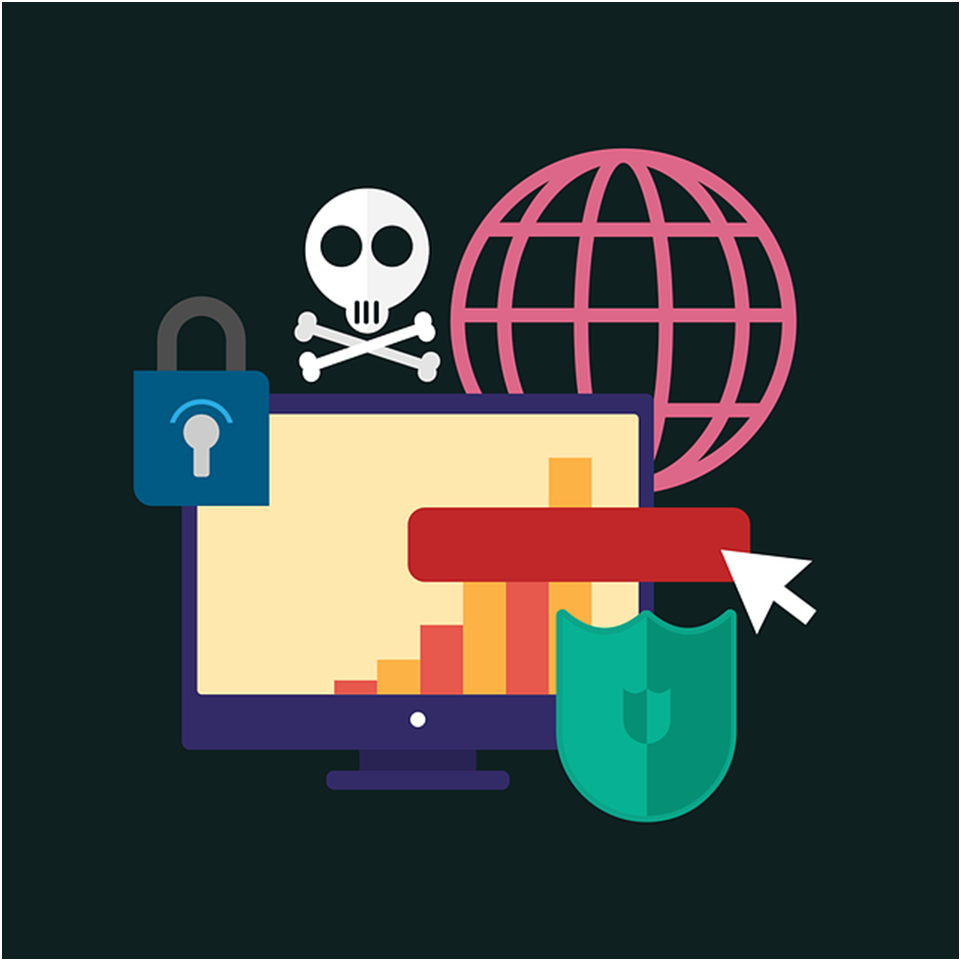Securing Your Online Data: Practical Strategies to Protect Your Privacy
Understanding Online Data Privacy
In
today's digital age, protecting your online data is more important than ever.
Understanding online data privacy is the first step towards safeguarding your
personal information. It involves protecting your sensitive data from
unauthorized access or misuse.
What is Online Data Privacy?
Online
data privacy surrounds the measures and practices used to ensure that personal
data shared online remains confidential and secure. This includes protecting
information like your name, address, financial details, and browsing history
from cyber threats and potential breaches.
Why is Online Data Privacy Important?
Maintaining
online data privacy is essential to prevent identity theft, fraud, and phishing
attempts. By safeguarding your personal information, you can stop unauthorized
individuals from accessing and misusing your data for malicious purposes.
Common
Threats to Online Data Privacy
·
Malware and ransomware attacks
·
Phishing schemes
·
Data breaches
·
Third-party tracking and data
collection
Tips for Strengthening Your Online Privacy
To
enhance your online privacy and protect your sensitive information, consider
implementing these practical strategies:
1.
Use Strong Passwords
and Two-Factor Authentication
·
Make your passwords strong by using a
mix of letters, numbers, and special characters.
·
Turn on two-factor authentication for
extra security.
2. Regularly
Update Your Software and Devices
·
Keep your operating systems, software,
and applications up to date to minimize vulnerabilities.
·
Enable automatic updates to ensure
timely security patches.
3. Avoid
Phishing Scams and Malicious Websites
·
Be wary of unexpected emails or
messages that ask for personal information.
·
Verify website authenticity before
entering any sensitive data.
Tools and Technologies for Enhancing Data Privacy
In
addition to following best practices, you can leverage various tools and
technologies to bolster your online privacy:
1. Virtual
Private Networks (VPNs)
·
Encrypt your internet connection and
hide your IP address with a VPN.
·
Prevent unauthorized access to your
online activities and data.
2. Encrypted
Messaging Apps
·
Use messaging apps with end-to-end
encryption to keep your conversations secure.
·
Safeguard your conversations and
shared media from prying eyes.
3. Privacy-Focused
Search Engines
·
Opt for search engines that prioritize
user privacy and do not track your online activities.
·
Protect your search queries and
browsing history from being monitored.
Educating
Yourself About Online Data Privacy
Empower
yourself with knowledge about online data privacy to make informed decisions
and protect your digital identity:
1. Reading
Privacy Policies and Terms of Service
·
Review privacy policies and terms of
service before using online services or platforms.
·
Understand how your data is collected,
stored, and shared by companies.
2. Understanding
Cookies and Tracking Technologies
·
Manage your cookie settings to control
how websites track your online behavior.
·
Opt out of targeted advertising and
tracking mechanisms for enhanced privacy.
3. Identifying
and Reporting Suspicious Activities
·
Stay vigilant for signs of
unauthorized access or suspicious behavior online.
·
Report any data breaches or security
incidents to the appropriate authorities.
The Importance of Advocating for Data Privacy Rights
As
a responsible digital citizen, you can contribute to the protection of data
privacy rights by taking the following actions:
1. Support
Legislation for Data Protection
·
Advocate for online privacy laws and
regulations that safeguard user data.
·
Support initiatives that promote
transparency and accountability in data handling practices.
2. Participate
in Privacy Campaigns and Movements
·
Join privacy campaigns and movements
that raise awareness about data privacy issues.
·
Engage in discussions and activities
that promote safer and more secure online environments.
3. Hold
Companies Accountable for Data Breaches and Misuse
·
Hold companies accountable for data
breaches and incidents of misuse.
·
Encourage organizations to prioritize
user privacy and data security in their operations.
Summary
In
a digital age where data is constantly being collected and shared, protecting
your online privacy is crucial. By implementing the tips and utilizing the
tools discussed in this article, you can safeguard your personal information
from potential threats and maintain control over your online presence. Remember
to stay informed, stay vigilant, and advocate for data privacy rights to create
a safer online environment for everyone.
FAQs
Q: Why is online data privacy important?
A: Online data privacy is important because it
helps prevent identity theft, fraud, and data breaches.
Q: How can I strengthen my online privacy?
A: You can strengthen your online privacy by using
strong passwords, updating your software, and being cautious of phishing
schemes.
Q: What can I do if my data privacy is
compromised?
A: If your data privacy is compromised, report the
incident to the relevant authorities, change your passwords, and monitor your
accounts for any suspicious activities.









0 Comments
Please do not Enter any Spam link in the Comment Box